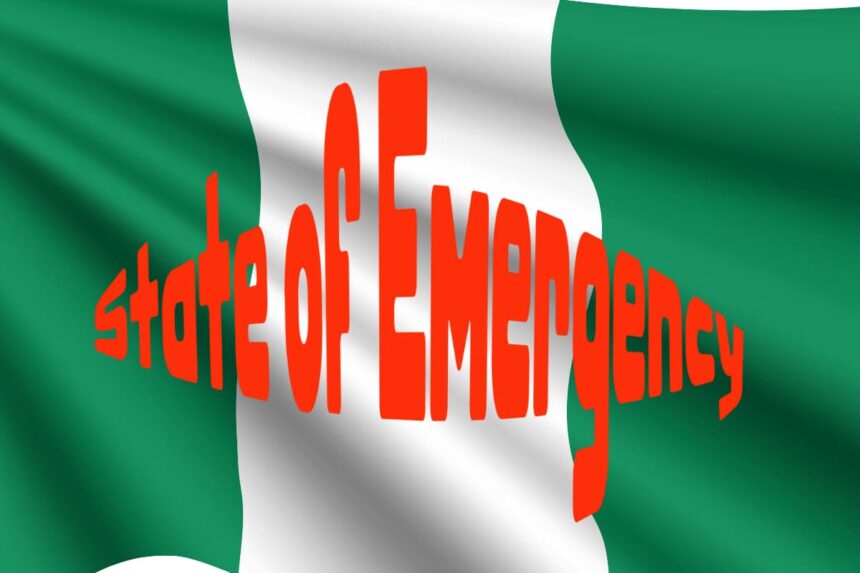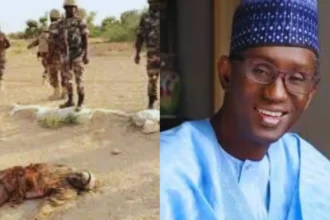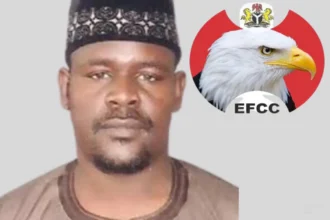Following the declaration of a state of emergency in Rivers State by President Bola Ahmed Tinubu, controversy has erupted over the decision to suspend Governor Siminalayi Fubara along with all elected officials. The move, allegedly stemming from a political rift between Fubara and the Minister of the Federal Capital Territory (FCT), Nyesom Wike, has raised constitutional concerns and deepened political tensions in the state.
Under Section 305 of the 1999 Nigerian Constitution (as amended), the President has the authority to declare a state of emergency in specific circumstances, including:
- War or external aggression.
- A breakdown of public order and safety.
- A public disaster or natural calamity.
- A clear threat to Nigeria’s sovereignty.
- At the request of a state governor, if deemed necessary.
However, the Constitution does not grant the President the power to unilaterally suspend a duly elected governor or other elected officials. The only legal means of removing a governor is through impeachment by the state House of Assembly, as outlined in Section 188 of the Constitution.
Observers have criticized the justification for the state of emergency, arguing that the crisis in Rivers is a political dispute rather than a security emergency. The fallout between Governor Fubara and his predecessor, Wike, has led to factional battles within the state House of Assembly, with some lawmakers defecting and others questioning their legitimacy. Critics argue that rather than allowing the legal process to resolve the issue, the federal government has intervened in an unconstitutional manner.
Adding to the controversy, the judiciary’s handling of the Rivers crisis has come under fire. Despite legal challenges surrounding the status of defected lawmakers, the Supreme Court declared them valid legislators, even though the case was not officially before it. This development has fueled concerns about judicial impartiality and potential political interference in legal rulings.
Historically, states of emergency have been declared in Nigeria, but not always with gubernatorial suspensions:
- Plateau State (2004): President Olusegun Obasanjo declared a state of emergency, suspending Governor Joshua Dariye and appointing an administrator.
- Ekiti State (2006): Obasanjo suspended Governor Ayo Fayose during a political crisis.
- Borno, Yobe, and Adamawa (2013): President Goodluck Jonathan declared a state of emergency due to Boko Haram insurgency, but the governors remained in office.
With this latest development, Rivers State finds itself at the center of a constitutional battle that could have far-reaching implications for Nigeria’s democracy. Legal experts and civil society organizations are calling for a reversal of the suspension and urging the judiciary to uphold the rule of law rather than political interests.
As the situation unfolds, Nigerians are watching closely, questioning whether this sets a dangerous precedent for executive overreach and the erosion of democratic governance.


















